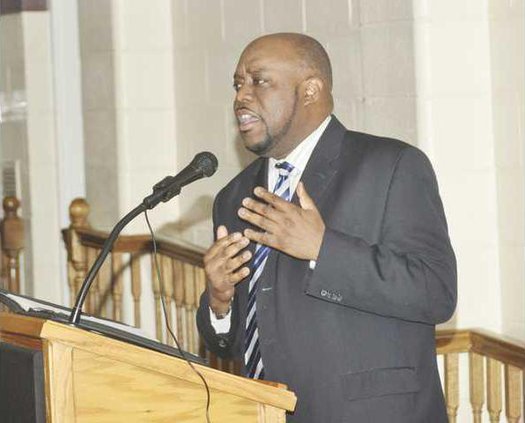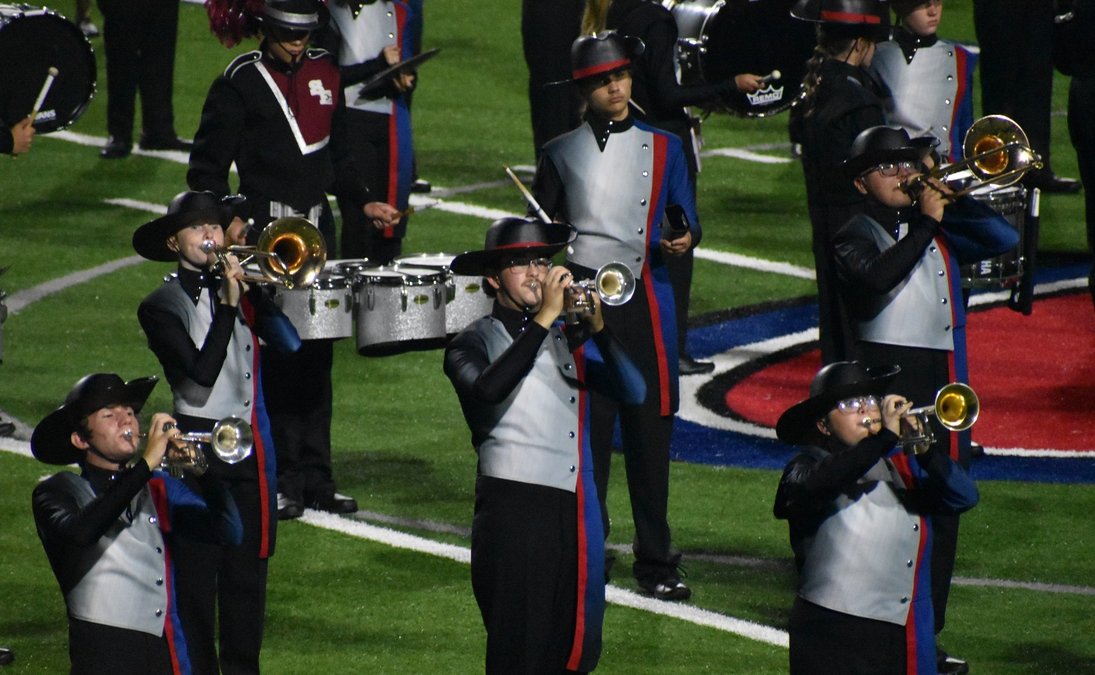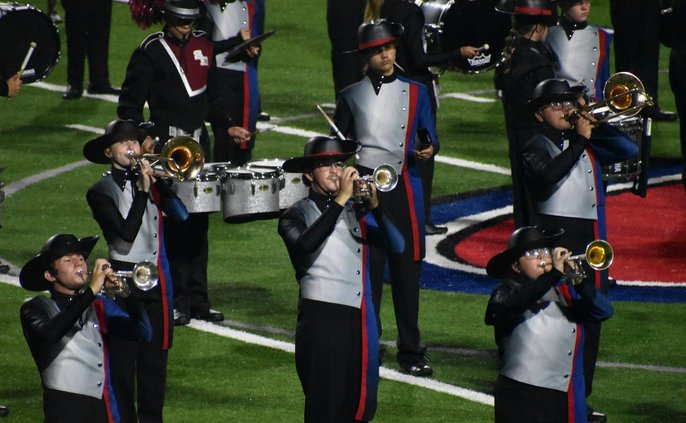The dream of the late Dr. Martin Luther King Jr. included how his fellow man treats one another, said Van Johnson.
Johnson, a Savannah City Council member, alluded to the Biblical story of the Good Samaritan to impress the teachings of the late civil rights leader upon the crowd at the annual MLK Jr. Day Observance breakfast Monday morning.
“The story illustrated to me how we can move forward in 2016 in terms of realizing the dream of Dr. King,” he said. “This story is tantamount to what Dr. King’s legacy is all about.”
Johnson related the tale of Jesus being asked what must be done to inherit eternal life. Jesus said to do what the law says, to love your neighbor as yourself. When pressed as to who is your neighbor, Jesus talked about a man who was waylaid on his way from Jerusalem to Jericho and left for dead on the side of the road.
“It was so notorious it became known as the Bloody Pass,” Johnson said of the path the man traveled. “It was one of those places you just knew you didn’t go. But this man was still traveling down this road, and he gets ambushed.”
A cleric and a politician each passed by, without rendering aid.
“But a Samaritan came by and saw this hurt, injured man and gave pity on him, took him to a hotel and gave the innkeeper money and said if it was not enough he would reimburse the hotel owner for any overages,” Johnson said.
King’s legacy was “about people,” Johnson added. “It was about taking action. It was about taking responsibility. And it was about taking care of people. Sometimes we just need somebody to check on us.”
Johnson said it’s not just taking pity on someone in need, it’s also taking action and taking responsibility for them.
“We have people in our communities going to and fro, minding their own business. And life happens to them,” he said. “Life ambushes them. Life hits them in the head. Life robs them and leaves them for dead. It robs them of their dignity, it robs them of their self-esteem, it robs them of their determination, it robs them of their drive, it robs them of their hopes, it robs them of their aspirations, it robs them of their motivation and they are left bloody on the side of the road.”
Johnson said far too often, like the priest and politician before the Samaritan, people pass by on the other side of the road, instead of lending a hand in aid.
“This road is dangerous. We might get ambushed ourselves,” he said. “Maybe for our own safety we pass by on the other side. We see them in that state —they are hungry, they are weary, they’re beat up. They may not speak the Queen’s English. They may smell of weed. And yet, we pass by on the other side. Those of us who have been called to serve or sent to serve, we see people in that state and we cross over to the other side of the road.”
Johnson also said it is important for people to remember where they came from, and added that the night before he was slain by an assassin’s bullet, King was in Memphis to meet with striking sanitation workers.
“Who we are now is not who we were,” Johnson said. “Some of y’all used to walk on dirt roads. We had those callouses that even good pedicures can’t take off. Some could look down at their floor and study agriculture and look up at the ceiling and study astronomy. Let’s not forget from whence we came. Some of us had to take that Thanksgiving turkey and make it stretch to Valentine’s Day.”
As he spoke to a room with a mix socially, culturally and demographically, Johnson noted there is still one accepted segregation that shouldn’t be so.
“I submit to you today the most segregated hour of the day is 11 a.m. on Sunday,” he said. “If folks can’t pray together, than what else can we do? If we can’t get together to pray, how can we get together to move our communities forward?”
Organizers of the breakfast also paid tribute to Homer Lee Wallace, the former Effingham County commissioner and one of the driving forces behind the annual event’s inception.








